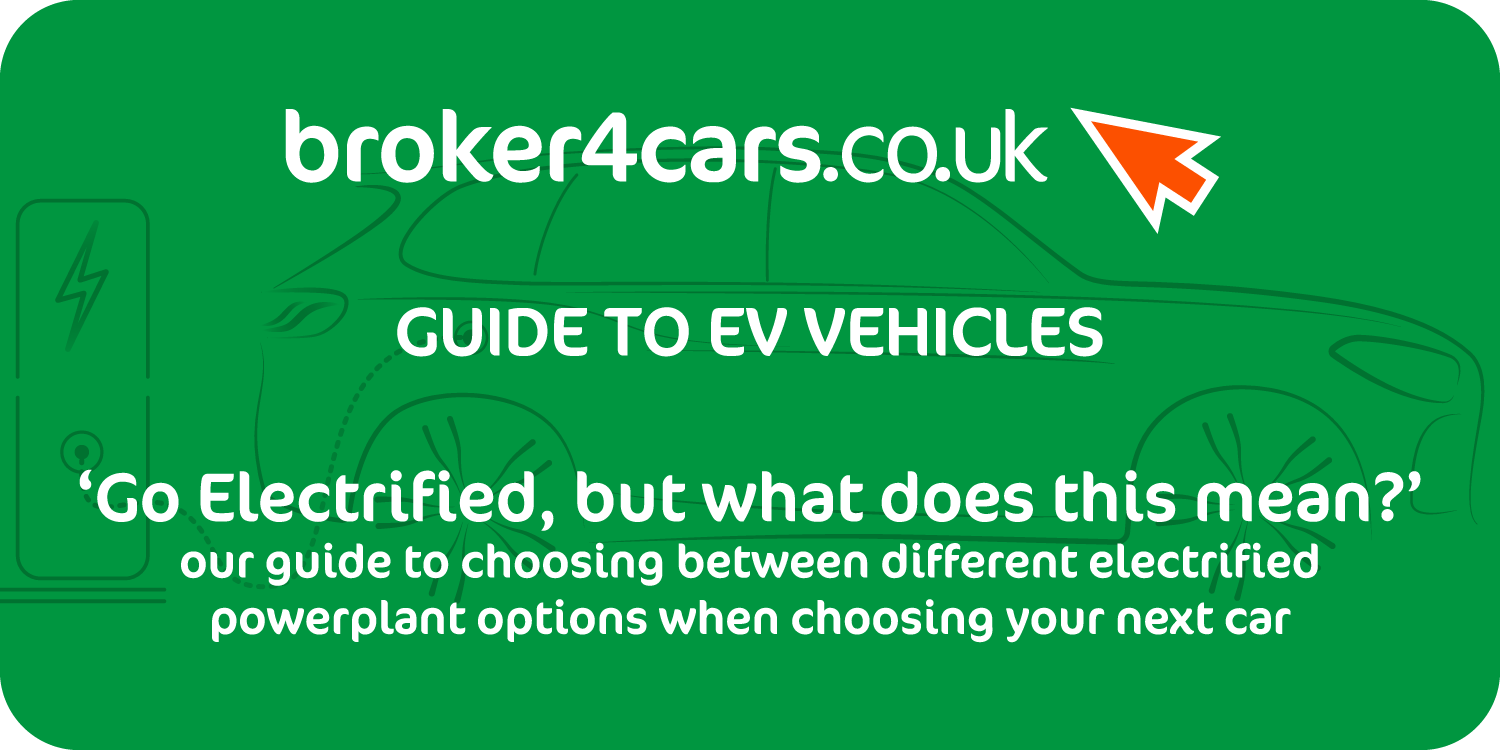Voluntary Termination
What is voluntary termination?
Under the Consumer Credit Act 1974, you have a legal right to end a car finance agreement (either a personal contract purchase or a hire purchase) early, as long as certain conditions are met. It is a statutory right and as such, it can not be restricted or excluded within the terms and conditions of any car finance deal.
In This Guide:
- Reasons for voluntary terminations
- How voluntary termination works
- How do I enact a voluntary termination agreement?
- What if something goes wrong?
- Voluntary termination versus voluntary surrender
- Other important need to know facts
Reasons for voluntary terminations
There are broadly two main reasons why you might want to leave your car finance agreement early. First, your financial circumstances might have changed and you might no longer be able to afford to keep up with repayments. In this case, straightforward voluntary termination could be the right option.
Alternatively, you might want to cancel your car finance agreement because you want a new car. Maybe you're tired of the one you've got, or maybe you've just got your eye on a different model. In this case - so long as you have equity in your car - you might be better off paying off the remainder of your finance plan to take full ownership of the car and trade it in.
How voluntary termination works
You will only be able to enact voluntary termination if there is no excessive damage to the car upon its return. Anything above general wear and tear is seen as excessive damage.
If your agreement is voluntarily terminated then you are responsible for paying off half of the Total Amount Payable as set out in your contract. The Total Amount Payable includes the amount you borrowed, plus interest. In some cases, it may also include the price of Guaranteed Future Value.
This amount doesn't include any late payment fees or arrears you may have accumulated.
As long as there is no damage to the car and you pay back 50% of the Total Amount Payable, then there should be nothing left for you to pay.
How do I enact a voluntary termination agreement?
A voluntary termination can be used at any time within your contract, although it is typically done past the halfway point of your agreement. All you need to do is inform your dealership that you wish to use voluntary termination in writing. This can be done via email or through a signed letter.
What if something goes wrong?
When trying to use your right to terminate you may run into a couple of issues:
Unhelpful Finance Companies
The main issue is usually that finance companies and car manufacturers don't like voluntary termination. They won't willingly guide you to this option and won't be much help if you try to enact it.
This has lead to many peoples' experiences with voluntary termination being confusing and drawn out. This is because finance companies make customers run around and draw out the process in the hopes that the customer will give up.
The Vague Damage Clause
Another thing to look out for is the damage clause. This clause is vaguely written. It states that there can't be any damages if you've failed to properly look after the car, over and above normal wear and tear. However, you'll find that there is no definition of wear and tear in the clause.
Finance companies will try and use the damage clause as a loophole to claim for damage that they would consider unreasonable care. They may also use this clause to try and get you for the excess mileage, which they deem as unreasonable care, and will try and charge you for it.
So make sure you document the condition of your car all the way throughout your lease. The best way to do this is with dated photos. That way you can prove your car was in a reasonable condition when you handed it back.
Missed Payments
Finally, if you have previously missed repayments then finance companies can refuse your right to enact a voluntary termination.
Voluntary termination versus voluntary surrender
Though they sound the same, the way these processes work are totally different. When writing your email or letter saying you want to enact voluntary termination you must be clear and forgo any confusion.
Finance companies have been known to confuse or deliberately misunderstand the two. As such, if your request gets taken as voluntary surrender you will have to pay off the remainder of your balance in full. You will also be responsible for any fees that the car will make when it goes to auction.
It's the worst case scenario, so make sure to be clear with your finance company when enacting your voluntary termination.
Other important need to know facts
You don't need to sign any forms that they send you once you've started your voluntary termination. Finance companies will try and force paperwork on you, saying it's mandatory, but it's not. Most of these documents are worded in such a way that you end up signing your rights away.
Leases don't have voluntary termination agreements attached to them. So your options are more limited and expensive. These include contract hire and operating leased cars - make sure you qualify before you apply for voluntary termination.
Some good news to end on is that voluntary termination does not affect your credit score. Though many think it does, it isn't true, as acting on any of your statutory rights has no impact on your credit score.







